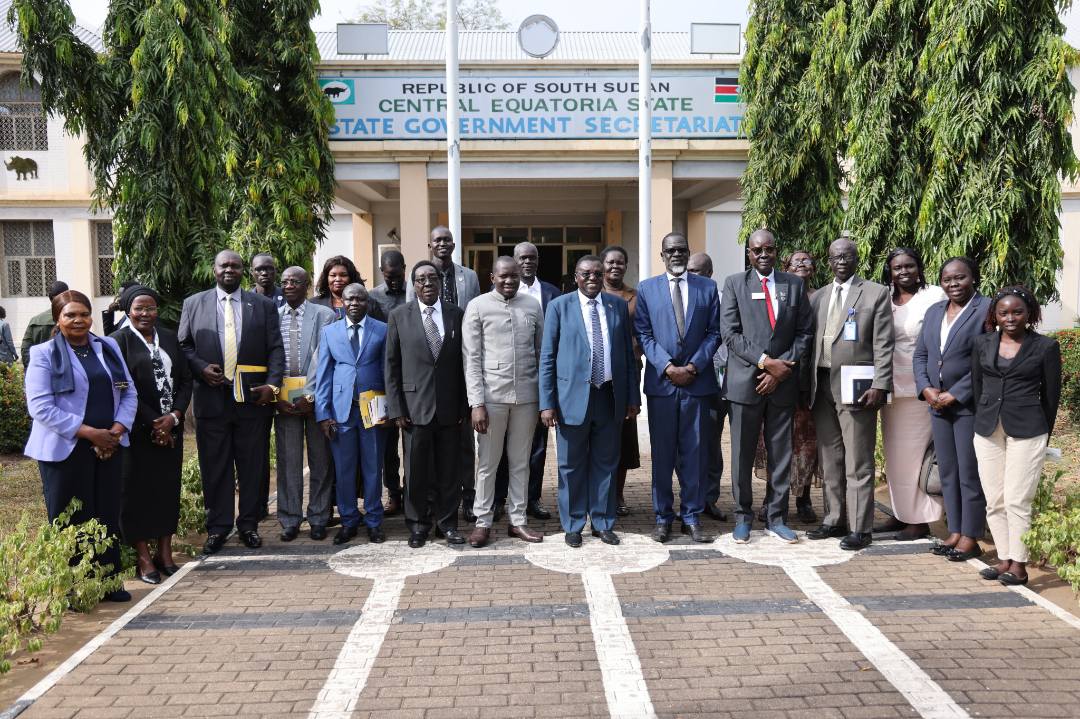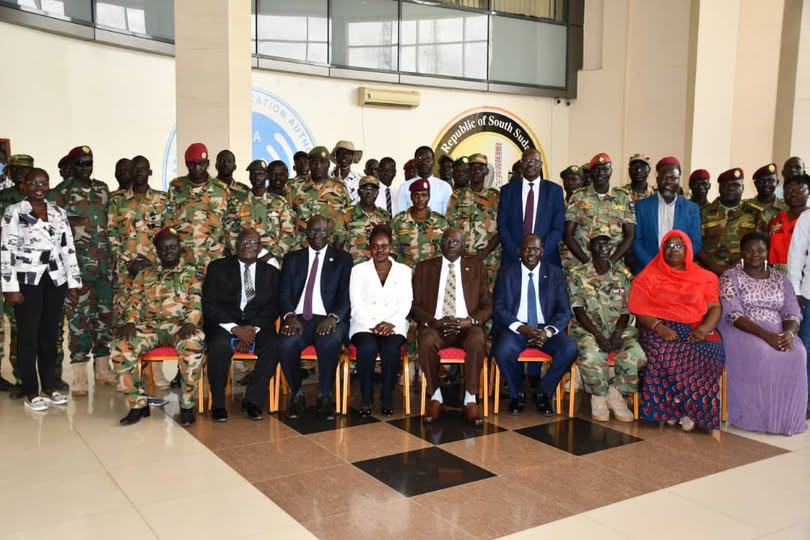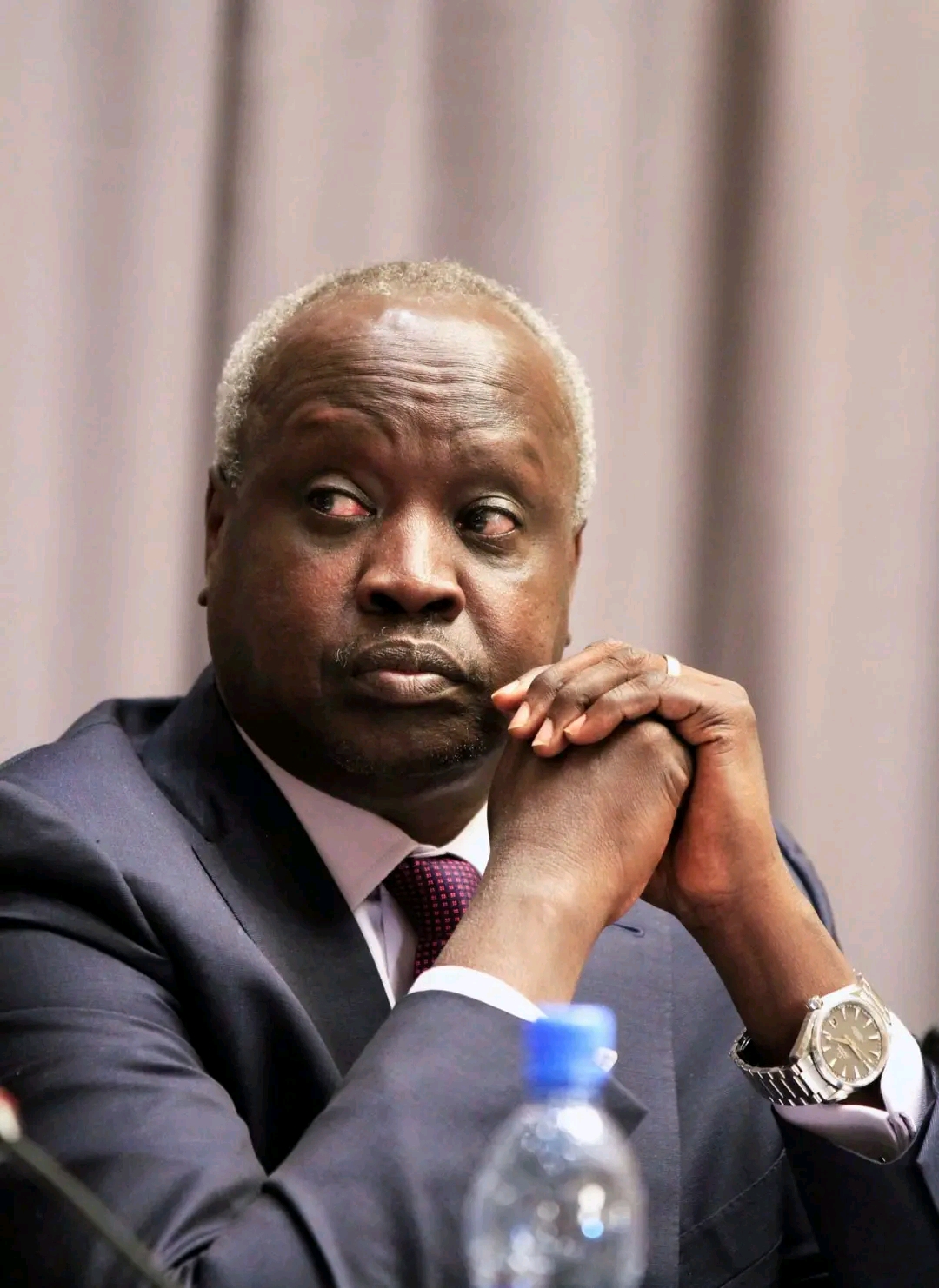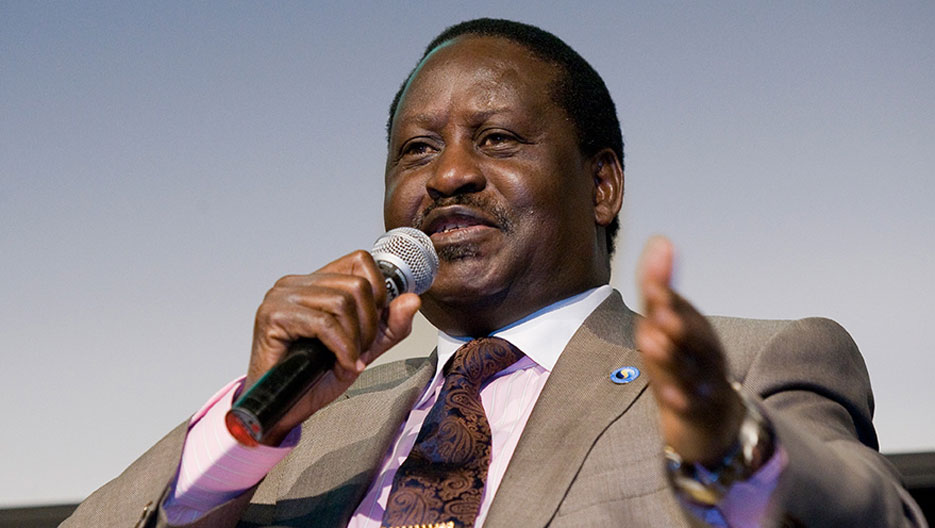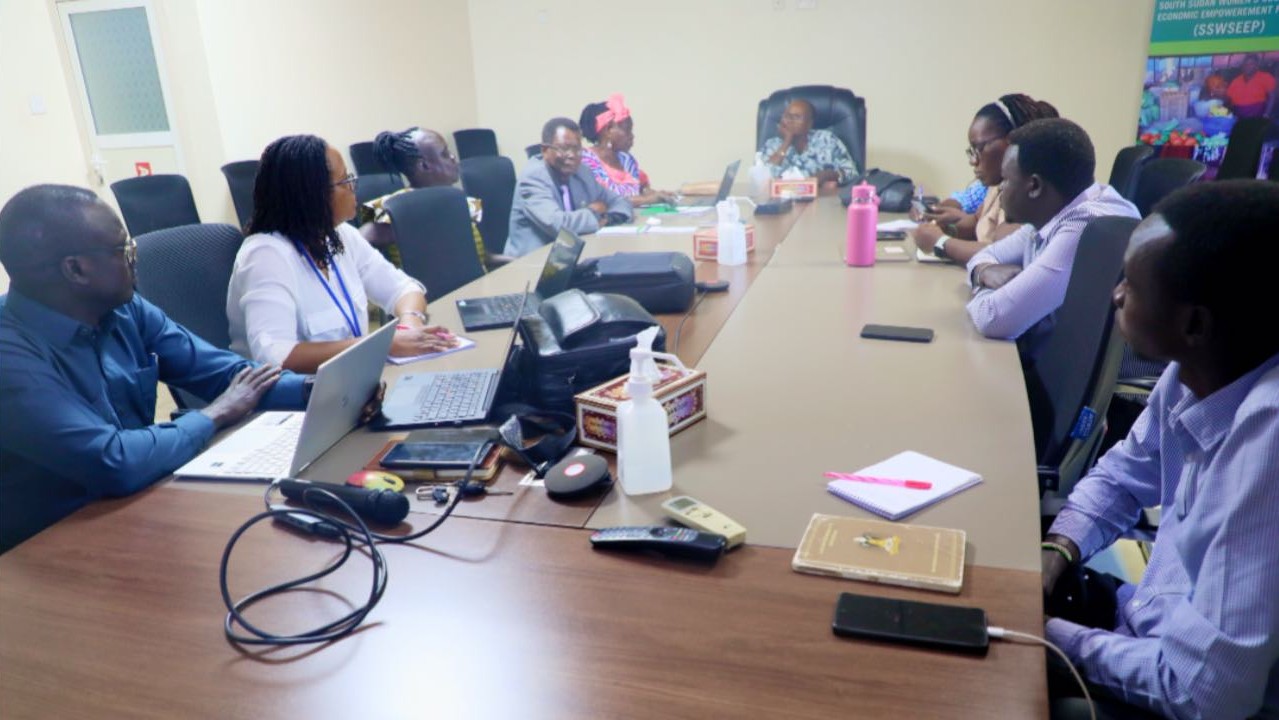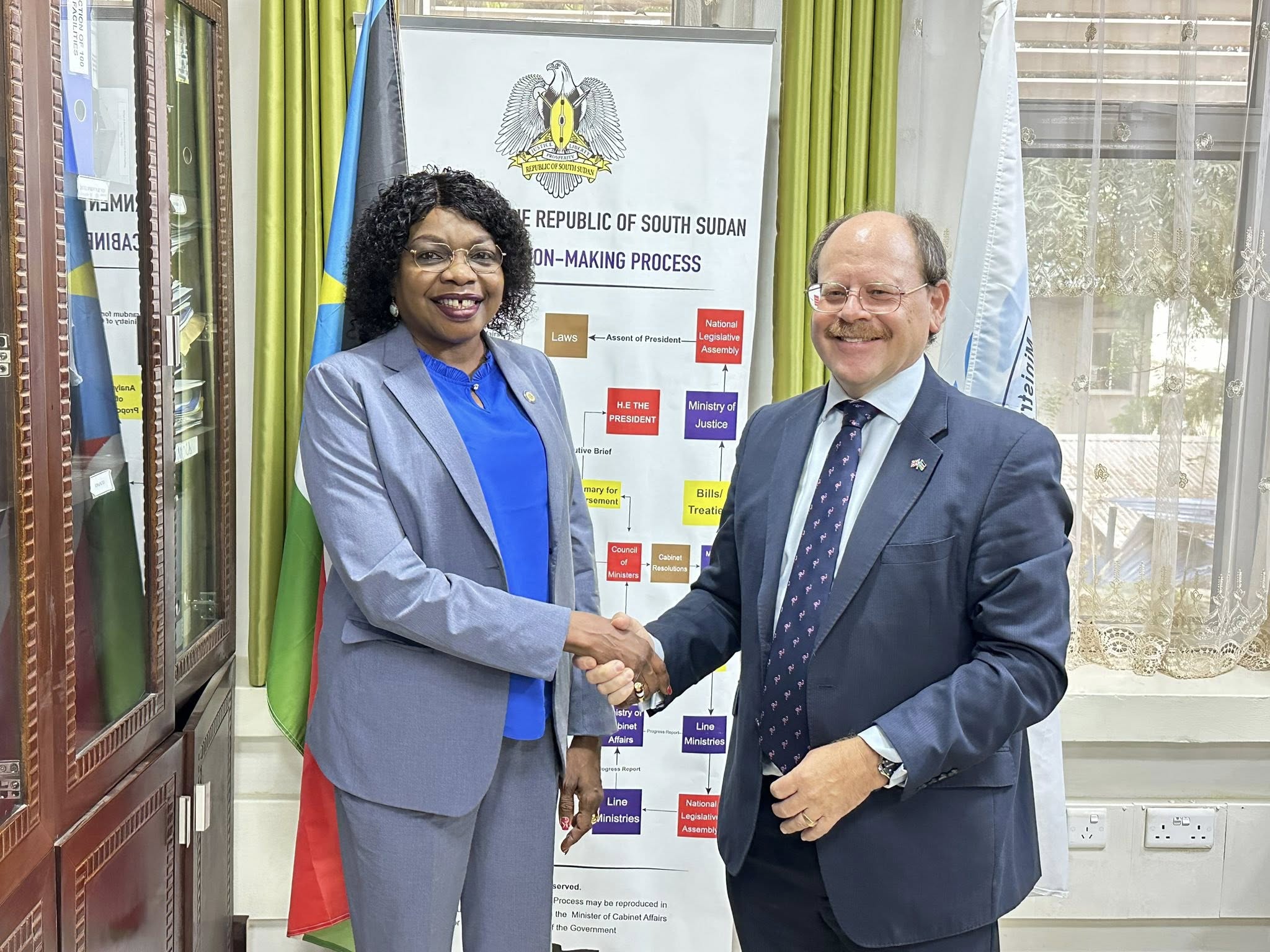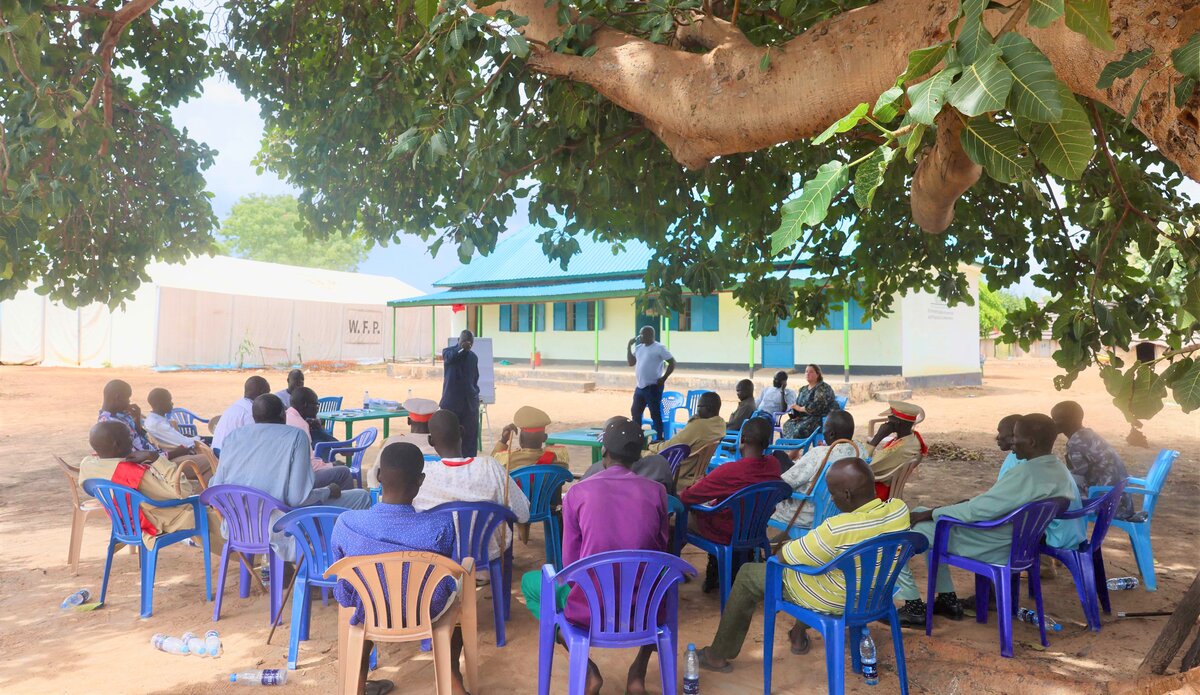
Report: Al-Naeim Mubarak Kuol
More than 60 participants from traditional court leaders attended a training session on how to update customary laws and integrate them with the formal judicial system, aimed at protecting the rights of women, children, and other vulnerable members of society. The session included lively discussions, thoughtful reflections, and a collective determination to bring about beneficial changes regarding the implementation of laws in Warrap State.
The workshop was organized by the United Nations Mission in South Sudan (UNMISS) and the United Nations Development Program (UNDP), in collaboration with the Ministry of Local Government and Law Enforcement in Warrap State, with funding from the South Sudan Multi-Partner Fund for Reconciliation, Stability, and Resilience (RSRTF).
The initiative behind the training workshop aimed to clarify the role of customary courts and integrate human rights principles with local practices within national legal frameworks.
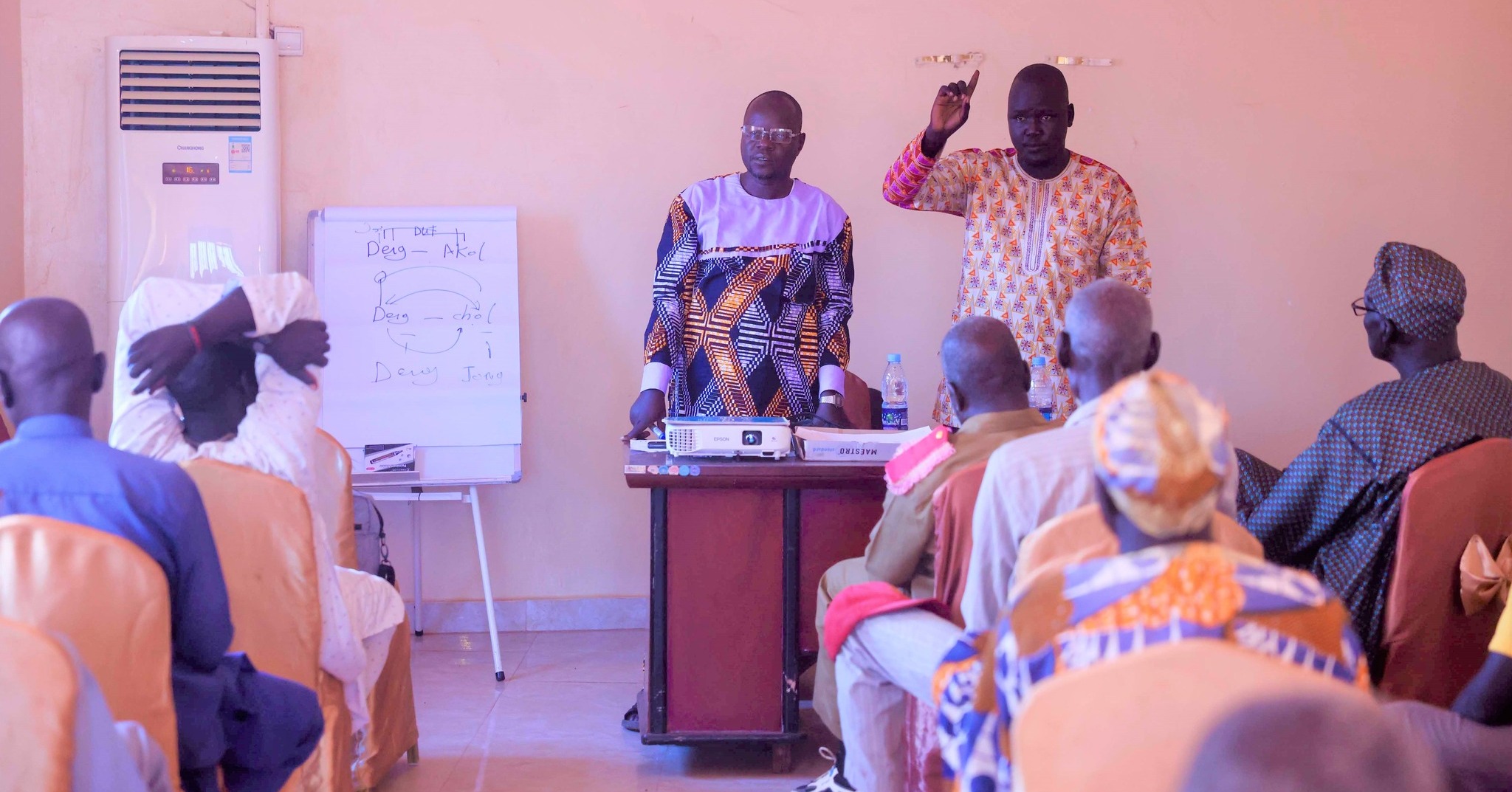
Chief Leader Nin Atwi from Tonj South emphasized the importance of everyone playing their part in promoting the rule of law, starting from the home. He stated, “Building a peaceful and just society starts in your home, where we must prioritize respecting women and take a strong stand against child marriage.”
Traditional leaders were educated on human rights and how to refer different types of cases to the appropriate judicial structures.
Participants, including Court Writer John Chan, highlighted the logistical challenges involved in achieving this goal. “We work under trees, and we must quickly protect important documents when it rains or becomes windy,” he said, adding that new infrastructure is needed to rehabilitate juvenile offenders to prevent them from being incarcerated with adults.
The event, which laid the groundwork for a future workshop to review laws in Wanhalel, resulted in several critical pledges and the formulation of actionable plans to make further adjustments to the relevant legal frameworks.

